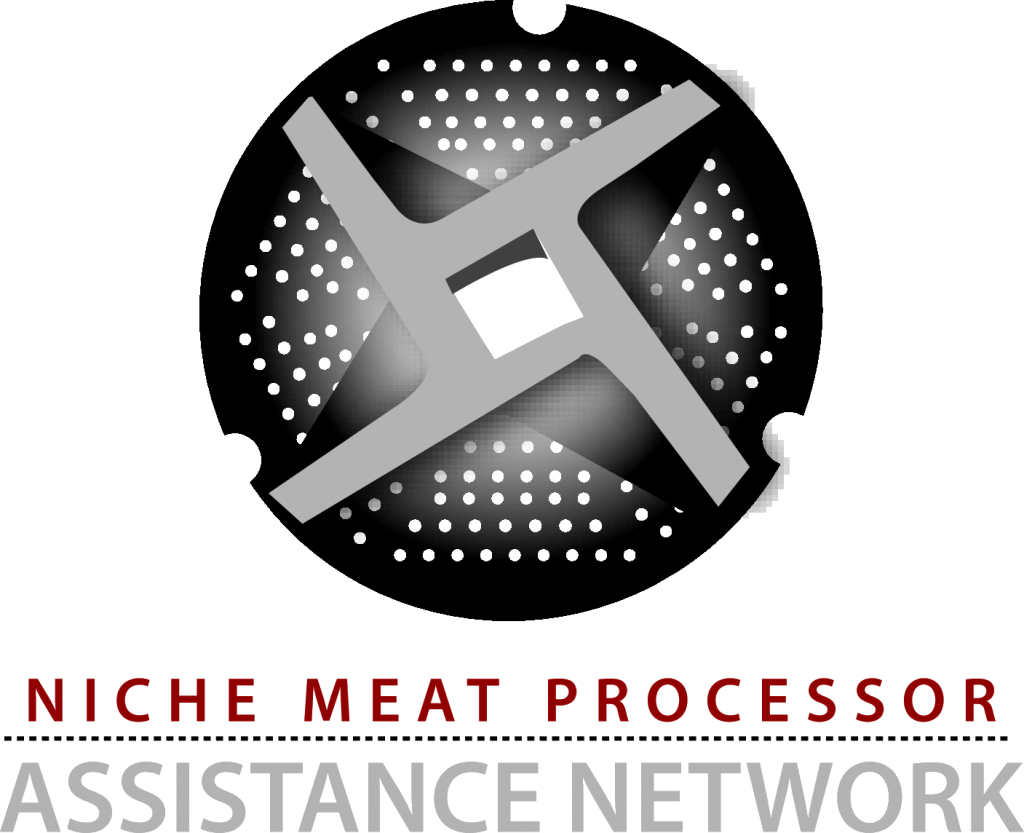Food Choice is a Fundamental Liberty Right
By David J. Berg, Legal Research and Writing
David J. Berg worked as a maritime lawyer in Boston for almost twenty years and now works as an independent legal writer. He has been interested in food choice and food rights for some time. He developed the idea for this article from legal research that he had performed pro bono for the Farm to Consumer Legal Defense Fund and looks forward to being able to contribute further to the issue of food rights. He can be reached at dave@berglegal.net or 414-595-8139.
This article, published originally in the June 2014 issue of the Niche Meat Processor Assistance Network newsletter, is a summary of David’s comprehensive, historically grounded, law review article, Food Choice Is a Fundamental Liberty Right [9 Journal of Food Law & Policy 173 2013] provided with permission from Hein Online. The article contains a fascinating and detailed history of law and regulations related to meat processing, stretching back to the Colonial period. Download the full article here.
Going to your local farm to buy freshly slaughtered meat or poultry is one of society’s oldest and most natural commercial activities. From the earliest colonial times, if Americans wanted meat or poultry for their table, but didn’t have any animals of their own, they would go to their local farmer or butcher. Today, we no longer have to buy from our local farmer for food, but many people choose to do so because they cherish the connection between producer, consumer, and food that has been lost in the era of industrial food.
Direct Farm To Consumer Sales Were Traditionally Unregulated
Although the American colonies and states traditionally regulated numerous aspects of food sales, most pre-twentieth-century food safety laws only applied to food sold at municipal markets, sold in barrels, or sold to middlemen for resale. In fact, well into the twentieth century, farmers and food producers in most states remained free to sell their products, including meat and poultry, directly to the consumer without government regulation or inspection. Our national customs and practices of purchasing meat and poultry directly from the farmer who produced that food, without mandatory governmental inspection, are extremely deeply rooted in our nation’s history and tradition.
Unfortunately, this close relationship between the consumer and the producer and their food no longer exists. As farmers and food processors well know, even if willing consumers want their local farmer to pick out a live animal for immediate slaughter and purchase, the farmer and processor must follow federal and state food safety regulations with very limited exceptions. Is this right? Shouldn’t Americans have the right to do something as basic as buying the food they want through a private transaction with the seller, free from governmental regulation? In other words, if someone wants to buy some food from his or her local farmer, regardless of whether that farmer follows governmental food safety regulations to the letter, shouldn’t that person have the freedom to do that?
We have a constitutional right to purchase our food directly from the farmer.
I argue that Americans do have the right, at least in part, to purchase their food directly from the farmer, free from governmental regulation. Our Supreme Court has long recognized that Americans have certain basic rights, which are called “fundamental” rights. One of those fundamental rights is the right to liberty. In the law, liberty does not only mean freedom from bodily restraint; rather, liberty is a very broad term that includes, among other things, the rights of self-identity and self-expression. Liberty also refers to a person’s right to enjoy those privileges long recognized by society as essential to the orderly pursuit of happiness.
Self-identity and self-expression sound like academic terms, but they are legal terms as well. In a nutshell, self-identity has to do with one’s understanding of himself or herself, and self-expression is simply speaking one’s mind, often as political speech.
The rights of self-identity and self-expression are important to food rights advocates because you really are what you eat. Self-identity is essentially “Who am I?,” and sociologists have found that, for most people, an important part of “Who am I?” is “What do I eat?”
Food rights advocates can use this sociological research, along with the historical fact that our colonial and state food safety laws did not traditionally regulate farm to consumer transactions, to argue that producers and consumers should be reconnected in the food network. Hopefully, the courts will soon recognize that a consumer’s desire to purchase meat and poultry directly from the farmer, without governmental interference, is indeed a statement of self-identity and self-expression and a form of political speech and political action that is part of our right to liberty under our constitution.
Download the full law review article here.
What legal questions related to meat processing and consumer choice do you think need exploring? Contact David Berg at dave[at]berglegal.net or 414-595-8139.


